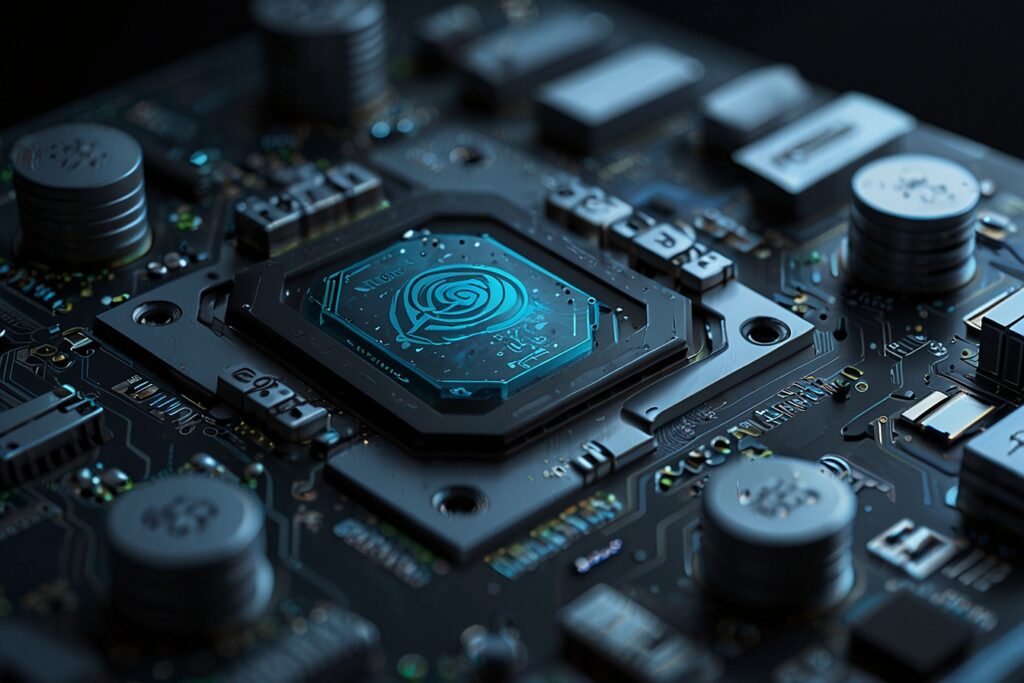
TL;DR
- Nvidia’s license to sell H20 AI chips to China is on hold.
- A backlog at the U.S. Department of Commerce is causing delays.
- Internal disruptions and staffing losses are blamed for the stall.
- Experts are urging further restrictions on Nvidia’s AI chip exports over national security.
Regulatory Delays Undermine Nvidia’s China Sales Plans
Nvidia’s efforts to restart sales of its advanced H20 AI chips to China are facing unexpected delays. Despite receiving initial clearance from U.S. Secretary of Commerce Howard Lutnick earlier in July 2025 to resume certain chip exports, Nvidia has not yet received the required license to ship the chips.
According to a report by Reuters, the U.S. Department of Commerce is experiencing a severe licensing backlog. The issue reportedly stems from a combination of internal staffing shortages and breakdowns in industry communication.
AI Export Controls Remain a Political Flashpoint
The holdup occurs against the backdrop of growing U.S. concern over China’s access to advanced AI technologies. National security advisors and policy hawks are urging the Trump administration to re-tighten AI chip controls, specifically targeting Nvidia’s H20 chip.
The H20 is a modified version of Nvidia’s powerful H100 GPU, tailored to comply with U.S. export regulations. However, critics argue that even these downgraded models could boost China’s AI capabilities and military tech ambitions.
Experts are now lobbying the White House to permanently block H20 sales to China on national security grounds.
Licensing Gridlock Within the Commerce Department
The U.S. Commerce Department is reportedly struggling to process licensing applications in a timely manner. Sources speaking to Reuters revealed that internal turmoil, including resignations and misaligned policy directives, has created a backlog that threatens not only Nvidia’s sales targets but also broader semiconductor trade policy.
Chipmakers like AMD and Intel, also waiting on decisions for their AI hardware exports, are said to be caught in the same bureaucratic bottleneck.
U.S. AI Chip Licensing and Export Stats
| Metric | Current Status (2025) | Source |
| Nvidia H20 License | Pending since July 2025 | Reuters |
| Total License Backlog (Estimate) | 50+ applications | Reuters |
| Export Restrictions since 2022 | Increased 3x on AI chips | CNBC |
| AI Chip Sales to China (Nvidia) | Down 36% YoY | Nvidia Q2 Earnings |
What’s at Stake for Nvidia?
Nvidia’s exposure to China’s AI market remains significant despite past export restrictions. The delay in H20 licensing may affect the company’s performance in Q4, given that China once accounted for 20-25% of Nvidia’s data center revenue.
While Nvidia has attempted to re-engineer chips that meet U.S. regulatory standards, continued political pushback is casting doubt on the company’s long-term sales roadmap in China.
Meanwhile, Nvidia’s competitors are also in limbo, awaiting similar approvals to resume cross-border chip sales.
Geopolitical and Trade Implications
This licensing crisis highlights a broader fracture in U.S.–China tech diplomacy. With AI fast becoming the defining battleground of the digital age, export controls are now an instrument of foreign policy rather than just commerce.
Industry analysts expect the U.S. Commerce Department to either accelerate approvals through temporary staffing solutions or face increasing pressure from chipmakers and investors.
Conclusion
Nvidia’s stalled H20 chip licenses represent more than just a paperwork delay — they underscore the growing tension between national security and global commerce. If the Commerce Department cannot clear its backlog, American chipmakers could lose a critical foothold in one of the world’s largest AI markets.
Investors and partners will be closely watching for resolution ahead of Nvidia’s next earnings report.





